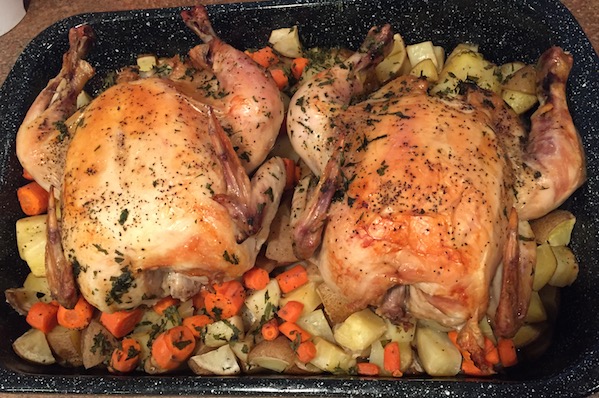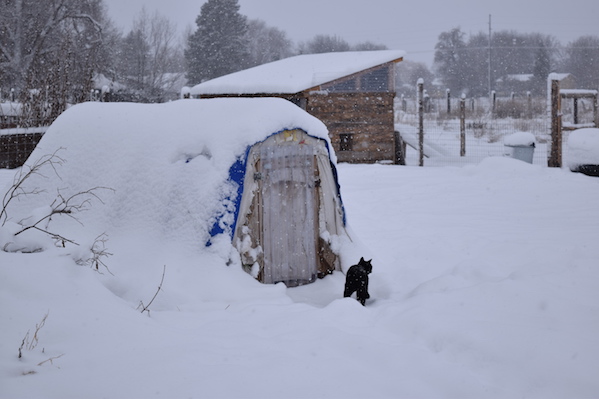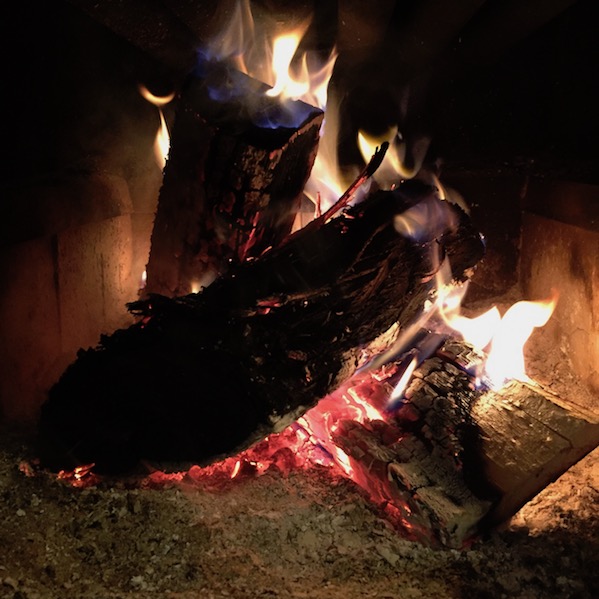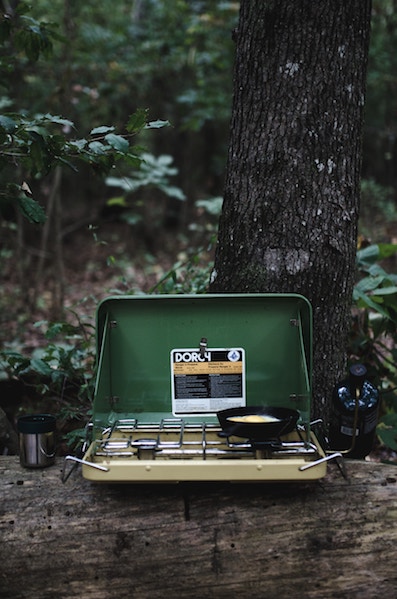The cold wind howled with a chill we hadn’t felt since last winter. We bundled up and threw a couple of extra logs on the fire. It all seemed pretty normal for a late fall day in Idaho. But the temps kept dropping and then everything went dark. The house was cozy, but I knew that without power to keep the furnace running, the outlying rooms would start to get cold. I gathered the kids and their bedding close to the wood stove, and we hunkered down for the night.
Are you prepared if the power goes out? What if there is a storm and you can’t go to the grocery store? Our story could have panned out much differently had we not been prepared.
Maybe you don’t face the threat of harsh winter storms or hurricanes but chances are you rely on the income from your job. What if you were to lose that without notice? Would your family go hungry?
No Pay!
Several years ago when the government was busy arguing over the federal budget our family went through two periods of no pay. During those times we had food to eat and money to make our payment. It was scary because our lives were in someone else’s hands but we didn’t fear whether we could feed the family. Our family ate like kings as co-workers applied for unemployment benefits.

Through all of these experiences, we have learned how important it is to be prepared. Does that mean that you need to build a bunker and stock it with two years of freeze dried meals? No. You can prep without being a doomsday prepper.
You want to stock up on some essentials – where do you start?
Scenarios to consider 
- Your climate – What are the extremes in your area? If you lost power during one of those extremes what do you need on hand?
- Power outages – Can you still cook? What discomforts will you suffer? Will your animals have water?
- Economic distress – What if computer networks fail and you cannot use your debit card?
- Job loss – Can you feed your family for the next three months as you find work and wait for the first paycheck?
- Natural disaster – Flood, hurricane, tornado, earthquake, wild fire, extreme heat, extreme cold. Every year part of the US is hit with a natural disaster. If one hit your city would you be prepared to weather that storm?
After considering different scenarios choose which ones you feel you need to be prepared for. Now decide how you can insulate your family from the effects of those situations.

Job loss is a risk everyone faces, even if you are self-employed. Does your family have provisions to get you through a hard time? I have heard people talk about losing work and going home to bare cupboards. How do you choose what to spend that last paycheck on? Will you get work fast enough to continue paying your bills?
How much do I really need?

I like to keep at least three months of food on hand at all times. Six months or more is even better! That way if the car blows the transmission you will have a lot of breathing room. Of course, a savings account goes hand in hand with all that we are talking about.
Having food storage is like a dedicated savings account that is set aside just for feeding your family. If you are buying food and preserving it while it is in season, you will have a great return on investment!
Keep these items on hand
Food
- Cooking supplies
- Water
- First aid supplies
- Medication
- Toiletries
- Feminine hygiene products
- Diapers
- Gasoline
- Propane
- Flashlights
- Batteries
- Fire wood
- Clothes line or drying rack
- Bushcraft knife
- Tools to make repairs
Your Turn!
- What preps will you start building up today?
- What gaps do you have in your preps?


Fortunately, my house is fully off grid. All electrical is solar (PV system with battery storage), Hot water is solar, Heat is from firewood, and water from a solar powered shared well. I use a very small amount of propane for my stove/oven, but by no means do need it for food prep. I still rely on local farms and the grocery store for food etc. but plans are afoot to grow/raise as much food as possible.
That all said, I am not a prepper or doing all of this to prepare for the worst. My focus has always been twofold. Live a life of self sufficiency (everything I need, nothing I dont). Second, be a good steward of the earth. In doing these and other things (low to no debt, emergency cash reserves etc) by default puts one in a great position to weather a “storm” of some sort. I of course will likely never be completely insulated from needing goods and services that could be cut off by a “storm”, but a lifestyle that encourages self sufficiency and a mindful ecological footprint certainly would soften the blow.
Where do you store 3 months of food in a tiny space?
That’s one of my concerns as I get toward the end of designing my house and move into building.
Troubled times are just one of the reasons for tiny living. Lowering your needs allows you to more easily meet them. That leaves more time, money, energy for the wants; the luxuries in life. The garden is just an extension of that. Fresher foods nearby, and gives more independence from suppliers.
Three months food can fit in the space of my tiny fridge/freezer.
https://beprepared.com/food-storage/3-month-supply.html
Dried and canned foods have many suppliers if you are not doing it yourself.
Beans, rice and other staples like pasta can easily fit in small spaces.
A pile of spaghetti for a month is about the size of a loaf of bread.
Not everything needs stored inside. Firewood can be covered and kept outside.
Colder climates will just need more. Heating & cooking can done with the same stove.
Tiny living requires a different outlook and most who are into it have the mindset to adapt to the changes that life can bring.
Melanie, thank you for such a thought-provoking article. Ben & DW also bring up much to be mindful of. Life changing events don’t necessarily have to come from ISIS, Russia, the NorKs or even the chaotic American political landscape. As Melanie indicates, a job loss, health issue, car troubles or family situation can be the precursor to a personal black swan scenario.
In my part of Florida, winter chill, food and water are less of a concern than hurricanes, heat and bugs. While I have no power over the former and only minimal control over the latter, I have learned to deal with the heat. Drink lots of water in the day. And at night, I wrap myself in a slightly moistened cotton sheet. The evaporation thru my sleeping hours does wonders. Friends refer to it as Israili air conditioning.
Keep up the great articles.